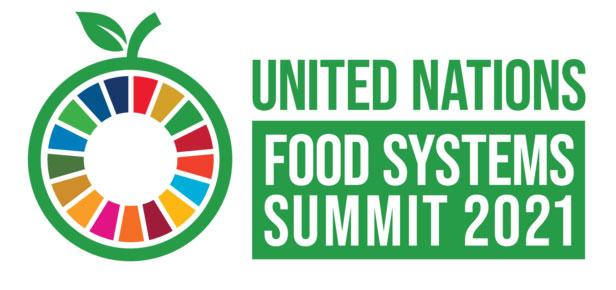
[Translation] We cannot live without eating. Food and everything that surrounds it is at the basis of everyone's life. That is why controlling this market is a fundamental objective of transnational corporations. Today, four or five large agribusiness companies control more than half of the global market in each link of this industrial chain. With the pandemic, the entry of technology and online commerce giants has increased explosively, which has changed the structures of production and who controls producers and consumers. To legitimize this digital and biotechnological assault on our food and set new international standards (i.e. avoid public regulations and control), the so-called Food Systems Summit was conceived, to be held in September 2021.
Although it is presented as a United Nations summit, it was an initiative of the World Economic Forum (Davos Forum in popular parlance, where the largest transnational corporations converge). António Guterres, UN Secretary General, announced its realization in 2019 before the UN bodies related to agriculture and food - such as FAO and the Committee on World Food Security - knew about it. Despite being "official", this summit will be a "public-private" event, where the private sector has more participation and influence than the UN co-organizers (https://tinyurl.com/cd7rhptb).
Food is not only nutrition, it is also an essential pillar of the organization of societies and cultures. For more than 99.9 percent of human history, the way food has been obtained, produced and processed has been diverse and decentralized according to geography and culture, based on local systems and, for the most part, socially and ecologically sustainable. Capitalism and its Green Revolution (technological package of hybrid and transgenic seeds, heavy machinery, pesticides and synthetic fertilizers) together with the imposed globalization, managed to damage in a few decades part of that millenary reality, with a food industry based on profit, on the genetic uniformity of plants and animals, grossly chemicalized -agrotoxics, preservatives, flavorings, thickeners, colorings, etc.-, with more and more synthetic and artificial elements. This industry is also one of the major factors of soil, water and land contamination and a cause of climate change. In addition, it is also a major factor in the production of epidemics and pandemics (https://tinyurl.com/1lydnlmh).
It is one of the 10 largest global industrial markets, a list in which it has occupied between first and seventh place in the past decade. This is despite the fact that this accounting only takes into account the industry and only partially takes into account food that comes from rediscampesinas, artisanal fisheries, urban gardens and traditional harvesting, which provide food for 70 percent of the world's population. (https://tinyurl.com/fjx7hm)
In the last few years, the giants of digital technology and online sales platforms (such as Google, Facebook, Amazon, Microsoft, etc.) have entered the agri-food industry. They have introduced digital agribusiness control programs (offered by agribusiness and machinery companies in partnership with technology companies) and various tools for this purpose, such as drones and sensors, while expanding and controlling online sales, both between companies and to consumers (https://tinyurl.com/zw2xksxz).
Therefore, beyond the rhetoric, the main objectives of this Food Systems Summit are: a) The promotion and large-scale advancement of the digital agri-food industry or "Agriculture 4. 0", with new biotechnologies, computer systems, extraction and massive accumulation of data from the field, from ecosystems and from our food behaviors; b) establishing alternative governance systems on agri-food, where companies have the leading role together with some governments: "public-private systems", marginalizing even the United Nations and seeking to eliminate peasant, indigenous, women's, workers' organizations, which they cannot co-opt; c) establish new concepts such as "nature-positive production", to get subsidies and co-opt organic production if it serves them for profit, and others such as "nature-based solutions" which is a cover to open new carbon markets in agriculture and "compensation" markets for biodiversity destruction.
La Via Campesina and the vast majority of peasant, environmental, agroecology, women's and indigenous peoples' movements around the world reject this summit and have set out to dismantle the lies and maneuvers it entails (https://tinyurl.com/4atvcnf4).
Even more serious when the world is still in pandemic and the industrial agri-food system that the summit intends to advance is one of the key factors in the generation of epidemics. For this reason, they will hold a counter-summit at the end of July, where a great diversity of organizations and communities will present the realities and proposals that we need to feed the whole world, with justice and care for the environment.
